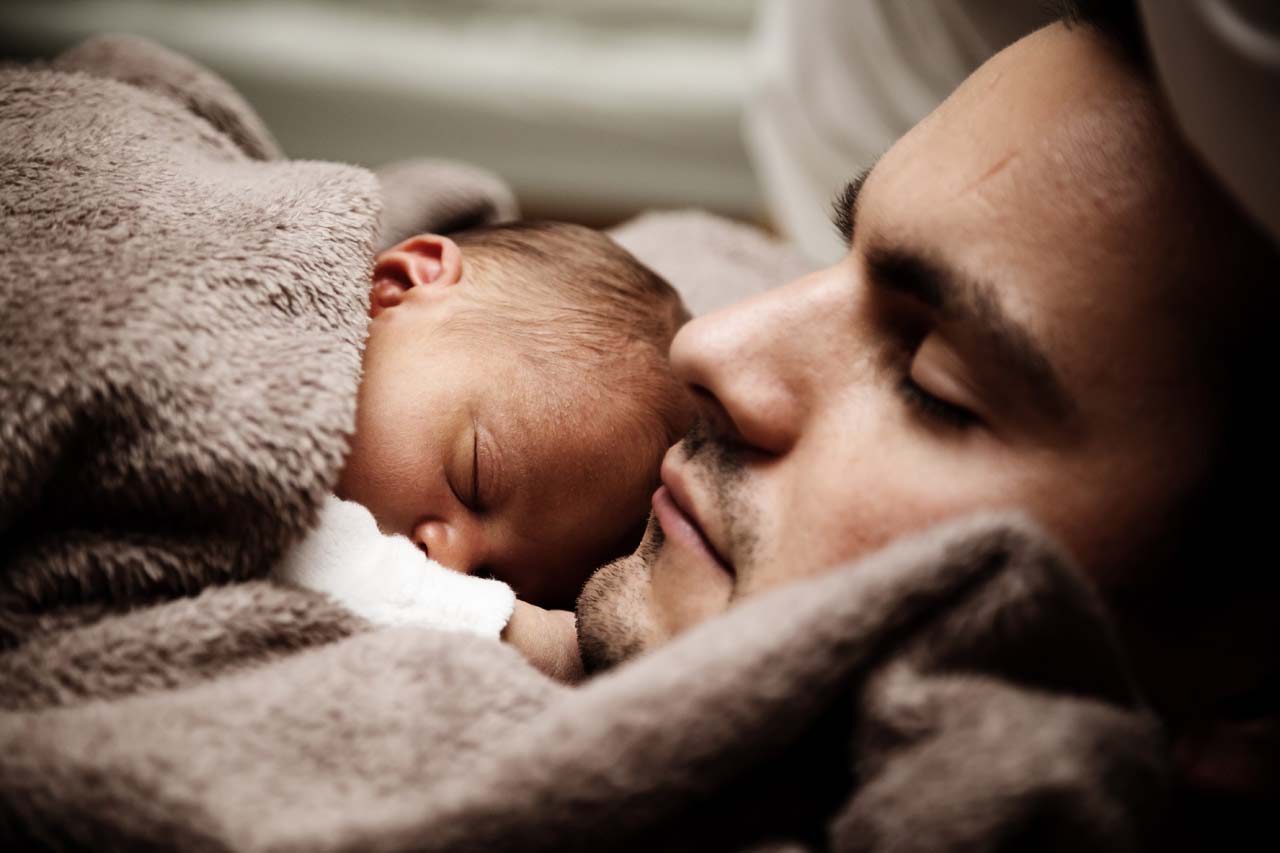Children born during pandemic score lower on cognitive tests, a new US-based study revealed.
A US study has found that children that were born during the Covid-19 pandemic have demonstrated significantly lower verbal, motor, and overall cognitive performance when compared to children who were born in 2019 or before.
This could mainly be due to a lack of stimulation and a deprivation of normal developmental experiences.
With daycares, nurseries, schools, public places, and business closing, due to the enforced public health restrictions, interaction with anyone outside the household became extremely limited during the global pandemic.
Naturally, children born during the years 2020 and 2021 had less interaction with the outside world when compared to children born before.
Parents have also been increasingly stretched trying to manage childcare around the clock, while working from home. This has often resulted in limited stimulation at home, which also appears to have contributed to the decline in children’s cognitive performance.
The study, which is yet to be peer reviewed but has been released as a pre-print, included 672 children, between the ages of 3 months to 3 years, from the US state of Rhode Island. Of the 672, 188 were born after July 2020, and 308 were born before January 2019.
An additional 176 were born between the months of January 2019 and March 2020.
What does ADHD look like in girls and women and why does it often go unnoticed?
The researchers from the study, based at Rhode Island Hospital and Brown University, used a large, ongoing, longitudinal study on child neurodevelopment taking place at Brown University called the RESONANCE study to examine general childhood cognitive scores and their differences over the years before the pandemic and during.
Most of the study participants were white, were born full-term, and had no visible or known developmental disabilities. The direct effect of the virus itself was largely ruled out, as the researchers excluded mothers or children with a history of testing positive for Covid-19, from the analysis.
The researchers leading the study examined the general childhood cognitive scores in 2020 and 2021 and compared those scores to the scores collected in the preceding decade.
The mean IQ score on standardised tests of children between the ages of three months and three years was approximately 100 between the years 2011 and 2019. However, this score dropped to 78 for children born during the pandemic.
The study also found that male children, and children from lower socioeconomic backgrounds generally scored worse in these standardised tests. This highlights the negative effects of the environmental changes that are associated with the pandemic on infant development.
According to the study, the strongest protective factor against cognitive decline was the higher maternal education. Seeing as the mothers in the study population had a higher-than-average education level, results in less educated parts of the US or the wider world, could be much worse.
Given the small sample size, this change in scores is considered quite dramatic.
Therefore, it is important to consider the different variables that may have had an effect on/ caused a biased in the results. For instance, the authors of the study acknowledged the fact that they did not investigate the impact of the study staff wearing masks during child visits and assessments. This could have affected the scores in that, if the infants were unable to see full facial expressions, they are unlikely to have picked up on non-verbal cues.
Read also: All you’re itching to know about eczema
Muffled instructions voiced from behind a mask could have also altered the understanding of the test questions and instructions. However, children who were born before the pandemic started, but had follow ups during the initial stages of the pandemic, did not show a reduction in skills or performance, even though they completed their assessments with mask-wearing staff. Therefore, the exact effect of these factors is still unknown.
When asked about whether these lower cognitive scores are likely to have a long-term impact, the lead researcher of the study responded that this remains unclear.
What is evident from previous studies is that the first few years of a child’s life lay the foundations for cognition and development, and course-correcting becomes increasingly difficult the older the child gets.
Therefore, it is crucial that more research is conducted on this issue, in order to develop a solid evidence-base for expectant mothers, and to design strategies and guidelines that help to support affected infants both at home, and in school/daycare as public health restrictions ease around the world.
Follow Doha News on Twitter, Instagram, Facebook and Youtube







